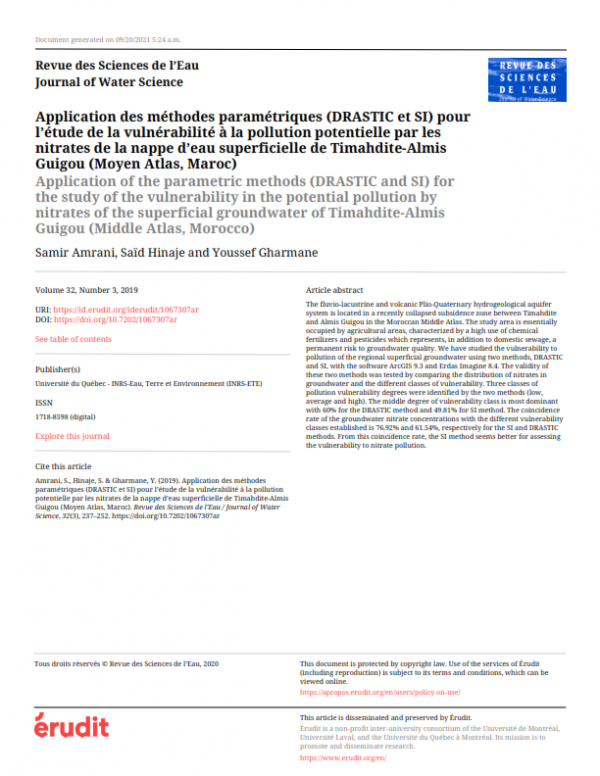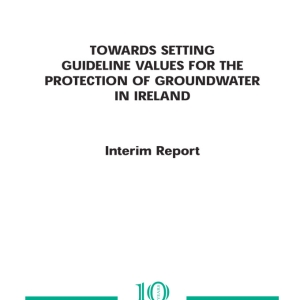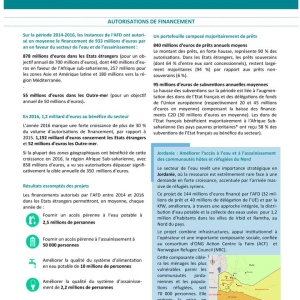Description
PUBLICATIONS
WATER PUBLICATIONS
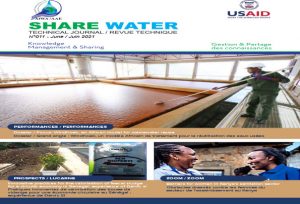
SHARE WATER 11
Ce onzième numéro de la revue technique bilingue semestrielle de l’Association Africaine de l’Eau « SHARE WATER » explore les solutions innovantes et les bonnes pratiques pour
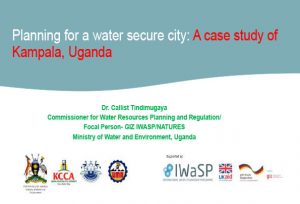
Planning for a water secure city: A case study of Kampala, Uganda
The management of water resources is a big challenge in Uganda. Then, it’s important to ensure water security. This document gives details on Water Security
SANITATION PUBLICATIONS
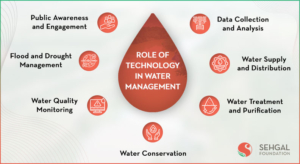
How are water treatment technologies used in developing countries and which are the most effective? An implication to improve global health
How are water treatment technologies used in developing countries and which are the most effective? An implication to improve global health Abstract: Worldwide, there
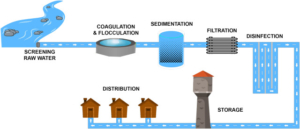
A critical review of water purification technology appropriate for developing countries: Northern Ghana as a case study
A critical review of water purification technology appropriate for developing countries: Northern Ghana as a case study A B S T R A C
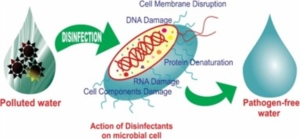
Exploring emerging water treatment technologies for the removal of microbial pathogens
Exploring emerging water treatment technologies for the removal of microbial pathogens The availability of potable and clean water has become a global challenge. There
WATER PUBLICATIONS

How are water treatment technologies used in developing countries and which are the most effective? An implication to improve global health
How are water treatment technologies used in developing countries and which are the most effective? An implication to improve global health Abstract: Worldwide, there

A critical review of water purification technology appropriate for developing countries: Northern Ghana as a case study
A critical review of water purification technology appropriate for developing countries: Northern Ghana as a case study A B S T R A C

Exploring emerging water treatment technologies for the removal of microbial pathogens
Exploring emerging water treatment technologies for the removal of microbial pathogens The availability of potable and clean water has become a global challenge. There
SANITATION PUBLICATIONS

How are water treatment technologies used in developing countries and which are the most effective? An implication to improve global health
How are water treatment technologies used in developing countries and which are the most effective? An implication to improve global health Abstract: Worldwide, there

A critical review of water purification technology appropriate for developing countries: Northern Ghana as a case study
A critical review of water purification technology appropriate for developing countries: Northern Ghana as a case study A B S T R A C

Exploring emerging water treatment technologies for the removal of microbial pathogens
Exploring emerging water treatment technologies for the removal of microbial pathogens The availability of potable and clean water has become a global challenge. There

